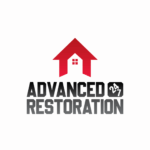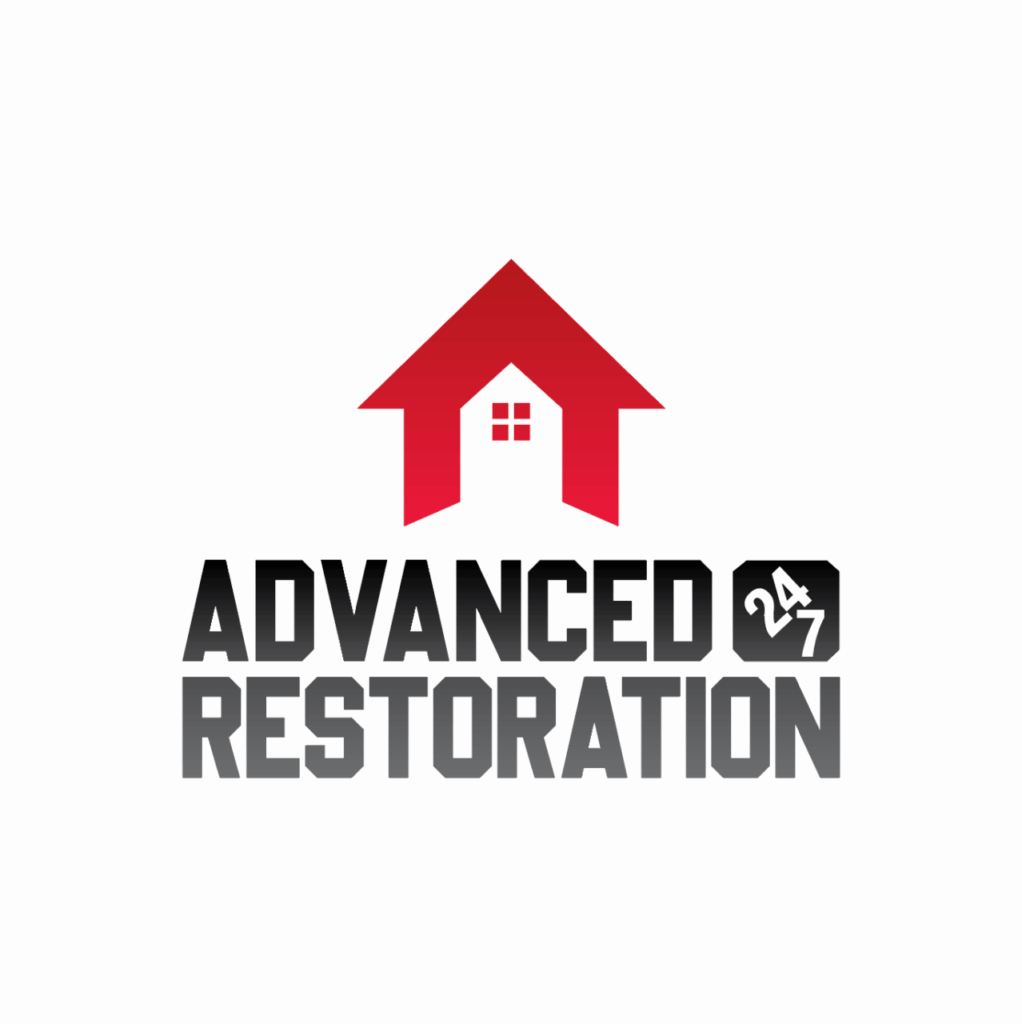Like a hidden minefield waiting to be triggered, sewage cleanup poses many health hazards that can silently infiltrate your well-being. The dangers are more than meets the eye, from bacterial infections that can spread like wildfire to viral contamination lurking in the shadows.
But it doesn’t stop there. Parasitic diseases, respiratory issues, skin irritation, and gastrointestinal problems are just a few of the potential consequences that lie beneath the surface.
In this article, we’ll break down the many health hazards associated with sewage cleanup and why consulting sewage professionals is safer than cleaning up yourself.
Health Hazards Associated With Sewage Cleanup
Numerous health risks are associated with working around or coming into contact with raw sewage. They include the following:
Bacterial Infections
Bacterial infections pose significant health risks during sewage cleanup, requiring proper precautions to minimize exposure and protect yourself. When dealing with sewage, it’s essential to be aware of the potential for bacterial infections, as they can lead to serious health complications. One of the major concerns is antibiotic resistance, which occurs when bacteria become resistant to the drugs used to treat them. This means that common antibiotics may no longer be effective in combating these infections, making them more challenging to treat.
In addition to antibiotic resistance, septicemia is another bacterial infection that can arise from exposure to contaminated sewage. This is a condition in which bacteria enter the bloodstream, leading to a systemic disease. Septicemia can lead to severe illness and even death if left untreated. It’s crucial to take appropriate measures to prevent the spread of bacteria during sewage cleanup.
To protect yourself from bacterial infections, it’s recommended to wear personal protective equipment, including gloves, masks, and waterproof boots. Avoid direct contact with sewage and contaminated surfaces whenever possible. It’s also essential to thoroughly wash your hands with soap and water after handling sewage or any contaminated materials.
Furthermore, it’s essential to disinfect and sanitize the affected areas after a sewage cleanup is completed correctly. This helps eliminate any remaining bacteria and reduces the risk of further infections. Using EPA-approved disinfectants and following the proper use instructions is crucial to ensure effective sanitization.
Viral Contamination
When it comes to sewage cleanup, it’s crucial to be aware of the potential for viral contamination in addition to bacterial infections. Viruses are tiny infectious agents that can cause a wide range of diseases in humans. In sewage cleanup, waterborne pathogens can pose significant public health risks.
To better understand the risks associated with viral contamination, let’s take a closer look at some common waterborne viruses:
| Virus | Symptoms | Health Risks |
| Norovirus | Diarrhea, vomiting, stomach cramps | Dehydration, electrolyte imbalance |
| Hepatitis A | Fatigue, nausea, jaundice | Liver inflammation, long-term complications |
| Rotavirus | Fever, diarrhea, abdominal pain | Severe dehydration, hospitalization |
| Adenovirus | Fever, sore throat, pink eye | Respiratory and gastrointestinal infections |
These viruses can be present in sewage due to fecal contamination from individuals infected with them. When sewage spills occur, these waterborne pathogens can contaminate the surrounding environment, including water sources, making it essential to take precautions during cleanup to prevent the spread of viral infections.
Protecting yourself from viral contamination during sewage cleanup is crucial. It is essential to wear appropriate personal protective equipment, including gloves, masks, and goggles, to minimize the risk of exposure to hazardous materials. Additionally, practicing good hand hygiene and properly disinfecting contaminated surfaces can help reduce the transmission of viruses.
Parasitic Diseases
Parasitic diseases pose significant health risks during sewage cleanup, requiring careful attention and preventive measures. When dealing with sewage, it’s crucial to be aware of the potential for waterborne infections and the public health risks they present. Here are five key points to consider:
- Parasitic infections can be transmitted through contaminated water or exposure to feces from infected individuals. This makes sewage cleanup a high-risk activity.
- Common parasitic diseases contracted during sewage cleanup include giardiasis, cryptosporidiosis, and schistosomiasis. These infections can cause diarrhea, abdominal pain, and fatigue.
- Proper protective gear, such as gloves and masks, should be worn to minimize the risk of exposure to parasites in sewage.
- Thorough handwashing with soap and clean water is essential before and after handling sewage or potentially contaminated materials.
- Disinfection and disposal of sewage and contaminated items are crucial to prevent the spread of parasites and protect public health.
Recognizing that parasitic diseases can have serious consequences if proper precautions aren’t taken during sewage cleanup is essential. Following the necessary preventive measures and maintaining good hygiene practices can significantly reduce the risk of contracting waterborne infections and protect yourself and the community from potential public health risks.
Respiratory Issues
Respiratory issues can arise from exposure to hazardous substances during the cleanup of sewage. It’s important to be aware of the potential risks and take appropriate precautions to protect yourself.
One of the primary respiratory hazards associated with sewage cleanup is the presence of airborne contaminants that can irritate the respiratory system and trigger allergies. These contaminants include mold spores, bacteria, viruses, and chemical fumes.
Respiratory allergies are a common health concern when dealing with sewage cleanup. Mold spores, in particular, can trigger allergic reactions, including sneezing, coughing, wheezing, and difficulty breathing. If you have a history of respiratory allergies, it’s essential to wear protective gear, such as a mask, to minimize exposure to these allergens.
Another respiratory hazard to be aware of is the potential for occupational hazards. Sewage cleanup often involves working in confined spaces or areas with poor ventilation, which can increase the risk of respiratory issues. In addition, chemical disinfectants and cleaning agents can release harmful fumes that can irritate the respiratory system.
To protect yourself from respiratory hazards during sewage cleanup, it’s essential to wear appropriate personal protective equipment, including masks, gloves, and goggles. Be sure you select a mask that effectively filters out airborne contaminants, including mold spores and chemical fumes. It’s also essential to ensure proper ventilation in the work area and take regular breaks to get fresh air.
Skin Irritation
As you continue with sewage cleanup, it’s essential to be aware of the potential for skin irritation caused by exposure to hazardous substances. Your skin is your body’s first line of defense, and it can easily become irritated when coming into contact with sewage.
Here are some key points to keep in mind:
- Itching: Exposure to sewage can cause intense itching on your skin. This itching sensation can be uncomfortable and distracting, making it difficult to focus on the cleanup task.
- Redness: Another common symptom of skin irritation is redness. Your skin may appear reddened and inflamed, indicating that it has been affected by the hazardous substances present in sewage.
- Chemical Burns: In some cases, exposure to sewage can result in chemical burns on the skin. These burns can be painful and require medical attention to be treated and healed properly.
- Protective clothing: To minimize the risk of skin irritation, it’s essential to wear appropriate protective clothing, such as gloves, boots, and coveralls. These items act as a barrier between your skin and the hazardous substances, reducing the chances of irritation.
- Thorough cleansing: After completing the sewage cleanup, thoroughly cleanse your skin. Use warm water and mild soap to remove any residue that may have come into contact with your skin. This will help reduce the chances of lingering irritation.
Eye and ear infections can also occur when contaminated water splashes into the eyes or ears, allowing bacteria and viruses to enter sensitive tissues.
Gastrointestinal Problems
Exposure to hazardous substances during sewage cleanup can lead to gastrointestinal problems, causing discomfort and potentially serious health complications. When dealing with sewage, there’s a risk of coming into contact with harmful bacteria and viruses that can lead to food poisoning and waterborne illnesses. These pathogens can enter the body through contaminated food or water, causing symptoms such as stomach cramps, diarrhea, nausea, and vomiting.
Food poisoning is a common gastrointestinal issue that occurs when contaminated food or water is consumed, typically due to the presence of bacteria, viruses, or parasites. These harmful organisms can cause various symptoms, including abdominal pain, fever, and diarrhea. The severity and duration of symptoms can vary depending on the type of pathogen involved.
Waterborne illnesses are another concern during sewage cleanup. When sewage spills or leaks into water sources, it can contaminate the water supply and pose a significant health risk. Drinking or coming into contact with contaminated water can lead to gastrointestinal problems such as diarrhea, stomach cramps, and vomiting. In severe cases, it can even cause more serious illnesses like cholera or dysentery.
To protect yourself from gastrointestinal problems during sewage cleanup, it’s crucial to take necessary precautions. Wear protective clothing, gloves, and masks to minimize direct contact with hazardous substances. Wash your hands thoroughly with soap and clean water before eating or drinking. Avoid consuming any food or water that may have been contaminated. It’s also advisable to seek medical attention if you experience any symptoms of food poisoning or waterborne illnesses.
Who Is Most at Risk During Sewage Backup?
During a sewage backup or overflow, certain people and property conditions increase the likelihood of exposure to harmful bacteria, viruses, and long-term water damage.
Those at higher risk include:
- Children and older adults, who are more vulnerable to disease from contaminated water and direct contact with sewage
- Individuals with asthma, weakened immune systems, or chronic illnesses should be aware that exposure to bacteria and unpleasant odors can exacerbate their symptoms.
- Residents using basements for living, storage, or laundry, especially when standing water or raw sewage spreads across floors, carpet, and furniture
- Homeowners attempting cleanup without protective gear, such as rubber gloves, rubber boots, or protective clothing
- Households with food stored at floor level, which may require immediate disposal after contact with flood waters or sewage
Risk also increases when cleanup is delayed. Surfaces that appear clean may still be contaminated beneath flooring, inside drains, or along concrete and sewer lines. For these higher-risk situations, professional sewage cleanup and restoration help protect both health and property.
Call Denver’s Experts When You Have a Sewer Backup
A disgusting sewer backup is a homeowner’s worst nightmare, posing serious health risks. From bacterial infections to respiratory issues, raw sewage needs to be removed quickly and safely by a team of professionals.
Advanced 24/7 Restoration specializes in emergency sewage remediation, utilizing cutting-edge methods and the latest tools to remove and disinfect sewage spills and overflows effectively. If necessary, we offer reconstruction services to repair the structural integrity of your home if it has been damaged.
If you have a sewage backup emergency or a simple toilet overflow, we’re here any time of the day or night. Contact us online or call us directly at (720) 613-2750.
Advanced 24/7 Restoration’s mission is to provide unparalleled care and support to our valued clients. Delivering the best solutions for your property restoration needs. Our vision is to be the top-rated damage restoration company in Denver, known for our exceptional services, professionalism, and dedication to customer satisfaction. Water damage, fire damage, flood damage, and more.
- This author does not have any more posts


